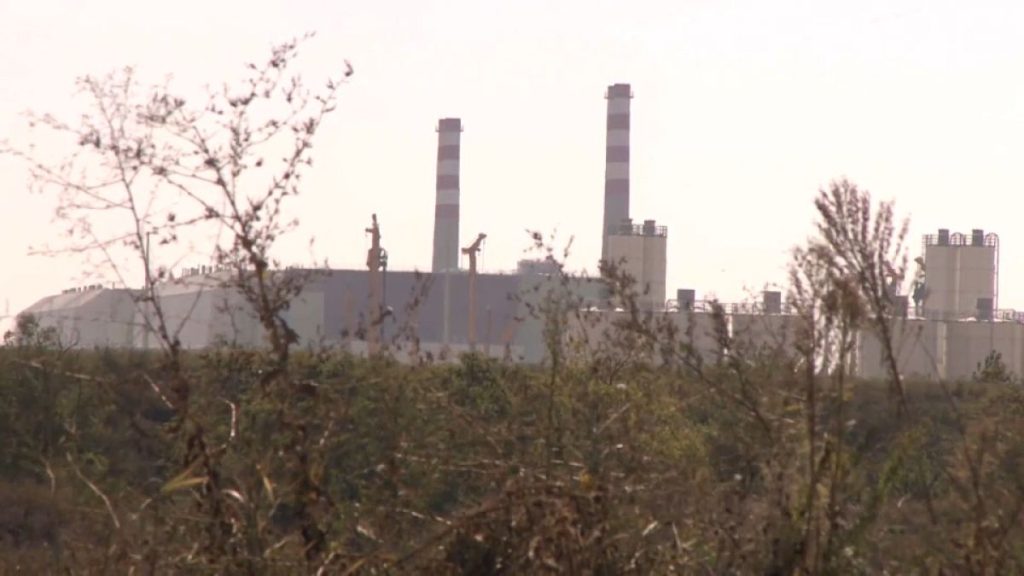The heavy rainfall brought by Storm Boris led to extensive flooding across Central Europe, causing significant damage in countries like Romania and Poland. The city of Paks in Central Hungary also experienced high water levels as the Danube River reached 806 centimetres near the city. Despite these extreme conditions, the Paks nuclear power plant was not affected and its energy production remained intact. This was attributed to the implementation of necessary precautions to ensure the plant’s continued operation without disruption.
The Paks nuclear power plant was able to navigate the flooding caused by Storm Boris without any negative impact on its energy production. Despite the high water levels near the city of Paks, which have since begun to recede, the plant was able to operate as usual. This highlights the importance of taking proactive measures to safeguard critical infrastructure like nuclear power plants during extreme weather events. The ability of the plant to continue operating without disruption is a testament to the preparations and precautions taken to mitigate risks posed by natural disasters.
The heavy rainfall and resulting floods across Central Europe had the potential to pose a threat to the Paks nuclear power plant, but the facility was able to withstand these challenges. By implementing necessary precautions and closely monitoring the situation, the plant’s operators were able to ensure that energy production continued without interruption. This demonstrates the resilience of the plant in the face of adverse weather conditions and underscores the importance of proactive planning and risk management in critical infrastructure.
The video accompanying this information likely provides further details on how the Paks nuclear power plant was able to maintain its energy production despite the flooding in Central Europe. It may offer insights into the specific precautions taken by the plant’s operators to safeguard its operations during the extreme weather conditions brought by Storm Boris. Understanding the strategies and measures employed by the plant during this challenging period can provide valuable lessons for other facilities facing similar risks in the future, highlighting the importance of preparedness and resilience in ensuring the continued functioning of essential infrastructure.
The successful management of the flooding near the Paks nuclear power plant serves as a case study in disaster preparedness and response for critical infrastructure facilities. By proactively implementing measures to mitigate risks and protect operations, the plant was able to weather the storm and maintain its energy production capabilities. This experience underscores the importance of robust planning, ongoing monitoring, and swift action in safeguarding crucial assets like nuclear power plants during emergencies. The Paks plant’s ability to continue operating without disruption during the extreme weather event demonstrates the effectiveness of these measures in ensuring operational continuity.
In conclusion, the Paks nuclear power plant in Hungary was able to sustain its energy production levels despite the flooding caused by Storm Boris in Central Europe. The plant’s operators took the necessary precautions to safeguard its operations and ensure that it could continue functioning without interruption. This successful outcome highlights the importance of proactive planning, risk management, and disaster preparedness in maintaining the resilience of critical infrastructure facilities during extreme weather events. By learning from the experience of the Paks plant, other facilities can enhance their ability to navigate similar challenges and safeguard their operations in the face of natural disasters.


